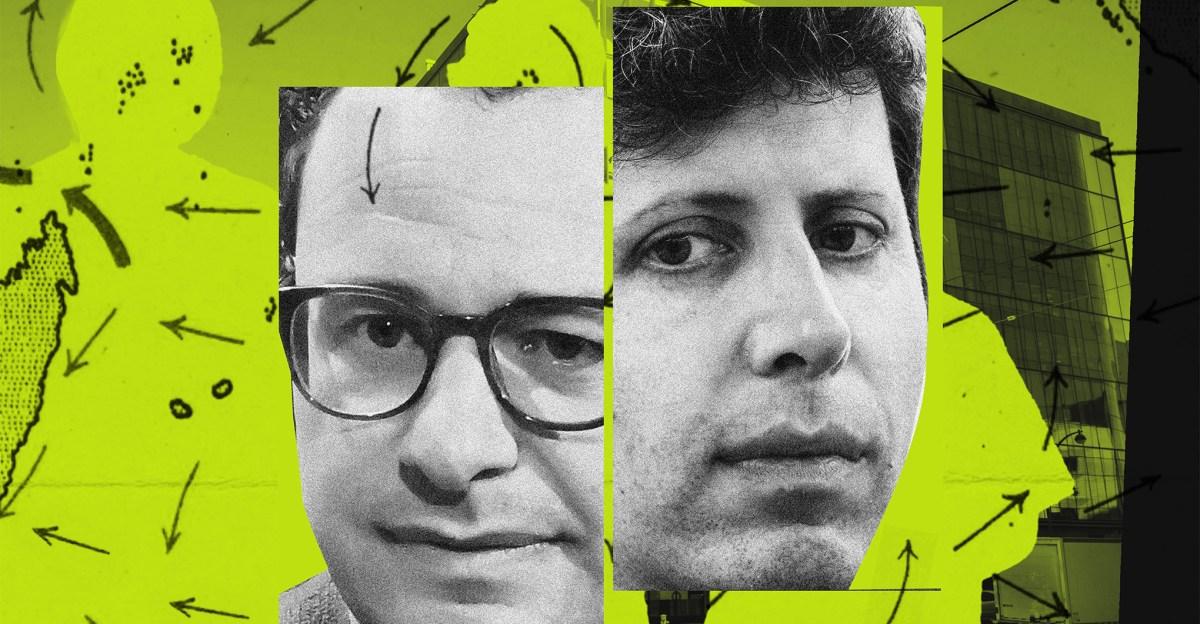Technology
- Home
- Technology
- News
Microsoft announces quantum computing breakthrough with new Majorana 1 chip
Microsoft believes it has made a key breakthrough in quantum computing, unlocking the potential for quantum computers to solve industrial-scale problems. The software giant has spent 17 years working on a research project to create a new material and architec…

Published a year ago on Feb 23rd 2025, 7:00 pm
By Web Desk

Microsoft believes it has made a key breakthrough in quantum computing, unlocking the potential for quantum computers to solve industrial-scale problems. The software giant has spent 17 years working on a research project to create a new material and architecture for quantum computing, and it’s unveiling the Majorana 1 processor, Microsoft’s first quantum processor based on this new architecture.
At the core of a quantum computer are qubits, a unit of information in quantum computing much like the binary bits that computers use today. Companies like IBM, Microsoft, and Google have all been trying to make qubits as reliable as binary bits for years now because they’re a lot more delicate and sensitive to noise that can create errors or lead to loss of data.
Majorana 1 can potentially fit a million qubits onto a single chip that’s not much bigger than the CPUs inside desktop PCs and servers. Microsoft isn’t using electrons for the compute in this new chip; it’s using the Majorana particle that theoretical physicist Ettore Majorana described in 1937. Microsoft has reached this milestone by creating what it calls the “world’s first topoconductor,” a new type of material that can not only observe but also control Majorana particles to create more reliable qubits.
[Image: Microsoft’s Majorana 1 processor is small enough to fit in the palm of a hand. https://platform.theverge.com/wp-content/uploads/sites/2/2025/02/Majorana-1-009-4000px.jpg?quality=90&strip=all]
Microsoft has outlined its research in a peer-reviewed paper published today in Nature, explaining how its researchers were able to create the topological qubit. Microsoft has helped create a new material made from indium arsenide and aluminum, and it has placed eight topological qubits on a chip that it hopes can eventually scale to 1 million.
A single chip with a million qubits could perform simulations that are a lot more accurate and help improve the understanding of the natural world and unlock breakthroughs in medicine and material science. That’s been the promise of quantum computing for years now, and Microsoft believes its topoconductor, or topological superconductor, is the next big breakthrough.
“Our leadership has been working on this program for the last 17 years. It’s the longest-running research program in the company,” explains Zulfi Alam, corporate vice president of quantum at Microsoft. “After 17 years, we are showcasing results that are not just incredible, they’re real. They will fundamentally redefine how the next stage of the quantum journey takes place.”
Alam previously worked on HoloLens and the fabrication techniques that have helped Microsoft in its push toward quantum computing. Microsoft’s quantum computing team is made up of researchers, scientists, and Microsoft technical fellows that have dedicated years to the company’s effort to build a scalable quantum computer based on topological qubits.
[Image: A closer look at the Majorana 1 chip. https://platform.theverge.com/wp-content/uploads/sites/2/2025/02/Majorana-1-004-4000px.jpg?quality=90&strip=all]
“We took a step back and said ‘Ok, let’s invent the transistor for the quantum age. What properties does it need to have?’” says Chetan Nayak, Microsoft technical fellow. “And that’s really how we got here — it’s the particular combination, the quality and the important details in our new materials stack that have enabled a new kind of qubit and ultimately our entire architecture.”
The Defense Advanced Research Projects Agency (DARPA) has now selected Microsoft as one of two companies that will advance to the final phase of its Underexplored Systems for Utility-Scale Quantum Computing (US2QC). Microsoft will now build a fault-tolerant prototype quantum computer based on topological qubits “in years, not decades.”
“A million-qubit quantum computer isn’t just a milestone — it’s a gateway to solving some of the world’s most difficult problems,” says Nayak. “Our path to useful quantum computing is clear. The foundational technology is proven, and we believe our architecture is scalable. Our new agreement with DARPA shows a commitment to relentless progress toward our goal: building a machine that can drive scientific discovery and solve problems that matter.“

Pakistan targets 7 TTP, ISKP hideouts in border operation
- 2 days ago
UN chief decries global rise of ‘rule of force’
- 10 hours ago

Ken Watanabe didn’t think a kabuki movie would work
- 41 minutes ago

Super eight: spinners’ magic works as England beat Sri Lanka by 51 runs
- a day ago

Nintendo’s next big Pokémon presentation is on February 27th
- 41 minutes ago
Security forces neutralise four Indian-sponsored terrorists in Pishin IBO: ISPR
- 13 hours ago
Three Federal Constabulary personnel martyred in terrorist attack in KP’s Karak
- 13 hours ago

President, PM urge Scouts to assist Govt in dealing with challenges
- 2 days ago
Iran says any US attack including limited strikes would be ‘act of aggression’
- 13 hours ago
T20 World Cup: Pakistan warn England’s flaky batting to expect a trial by spin
- 13 hours ago

What are gold rates in Pakistan, global markets today?
- 13 hours ago

Pakistan, Bangladesh to expand cooperation across diverse sectors
- a day ago
You May Like
Trending








